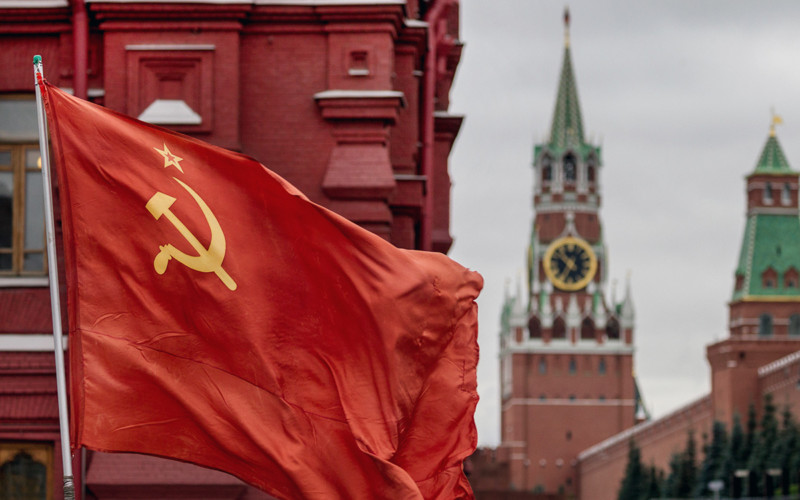Until its centennial anniversary, the Union, having grown stronger and grown to 15 union republics in its best years, and then, not without “help” from outside, lost its former power, did not live 31 years. The generation for which the Soviet times is a part of their own life with all its joys and sorrows, victories and tragedies has not yet left.
Now, on the eve of the anniversary, much is being said and written about the Soviet Union. Estimates and conclusions – for every taste and different party-political predilections. But, conditionally, the “right” and “left” flanks agree that the Soviet Union was a power whose multinational people were proud of their country, its achievements on earth and in space, the victory over Nazi Germany, world-class talents in science, literature, art, access to healthcare and education.
There are a lot of black pages in the Soviet annals. Repressions, shooting troikas, denunciations and extrajudicial killings, nomenklatura privileges and the dominance of the party bureaucracy, which often replaced the power that, according to the Constitution, belongs to the people. And it also happened, and this is also a story that needs to be remembered and analyzed, learning lessons and moving forward.
The collapse of the USSR is often called a tragedy. For many, millions, it was also personal. Because the new borders severed ties, families, the common people, wounds ran through destinies and souls. “You know, we say: those who do not regret the collapse of the Soviet Union have no heart, and those who do regret it have no head. We do not regret this, we simply state the fact and know that we should not look back, and forward,” the President of Russia said in 2017. And by this he expressed what we are talking about and thinking about, remembering the USSR.


